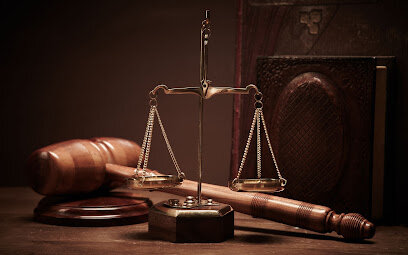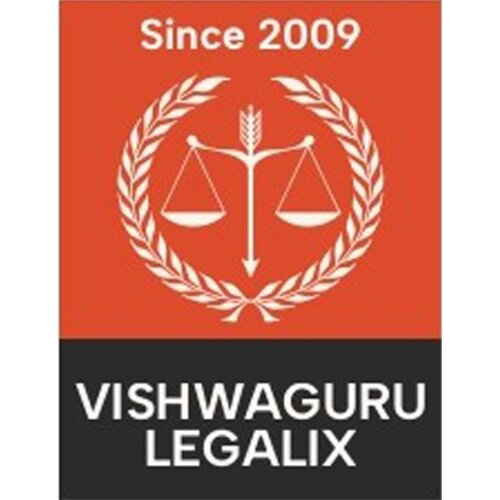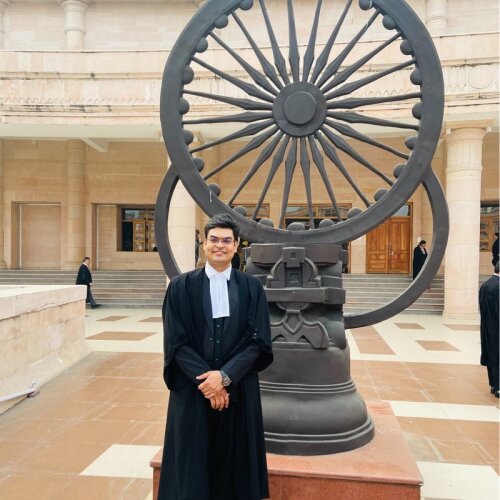Best Education Law Lawyers in Lucknow
Share your needs with us, get contacted by law firms.
Free. Takes 2 min.
List of the best lawyers in Lucknow, India
About Education Law in Lucknow, India
Education Law in Lucknow, India, encompasses a range of legal issues related to the access, quality, and administration of education. This field covers laws and regulations governing schools, teachers, students, and educational institutions. It aims to ensure that educational environments are safe, provide equal opportunities for all students, and comply with state and central government guidelines. In Lucknow, as an educational hub in Uttar Pradesh, education law also addresses local issues like school management, teacher rights, student admissions, and policy compliance.
Why You May Need a Lawyer
There are several situations where individuals or institutions may require legal assistance in education law. Common scenarios include disputes over school admissions, issues related to the Right to Education (RTE) Act, disagreements between parents and educational institutions, employment disputes involving teachers and staff, regulatory compliance challenges for private institutions, and safety or discrimination issues affecting students.
Local Laws Overview
The education system in Lucknow is governed by central and state laws, including the Right to Education Act, which mandates free and compulsory education for children aged 6 to 14. State policies may also affect teacher qualifications, student-teacher ratios, and the administration of educational institutions. Additionally, local bodies might have specific regulations regarding the operation of private schools, which can be critical for ensuring compliance and addressing legal disputes.
Frequently Asked Questions
What is the Right to Education (RTE) Act?
The RTE Act is a central legislation that ensures free and compulsory education for children between the ages of 6 and 14 across India. It emphasizes the need for children to receive quality education and mandates that no child is denied admission due to lack of documents.
Can a private school in Lucknow refuse admission to a student based solely on a failure to pay fees?
While private schools do have the right to collect fees, they must follow due process and adhere to state regulations when denying admission. Legal advice may be required in cases where fee-related admission refusals are in question.
What are the legal implications of teacher misconduct?
Teacher misconduct can lead to disciplinary actions, legal proceedings, and potential job loss. It is essential for schools to have clear guidelines and procedures for handling such cases to protect student welfare and institutional integrity.
How are student rights protected under Indian law?
Students’ rights are protected under several laws, including the RTE Act and the Children’s Rights Act. These rights include the right to safe learning environments, protection from discrimination, and access to quality education.
What should parents do if they suspect bullying at school?
Parents should report incidents of bullying to school authorities promptly. Schools are obligated to investigate and resolve such issues, and legal action may be considered if a satisfactory resolution is not achieved.
How can a professional educational institute ensure compliance with local laws?
Institutes should stay updated on legal developments, implement comprehensive policies, and conduct regular audits to ensure compliance with all relevant laws and regulations.
Is corporal punishment allowed in Lucknow schools?
Corporal punishment is prohibited in schools across India, including Lucknow. Legal recourse is available for parents and students who encounter such practices.
What legal actions are available for students with disabilities seeking admission?
The Rights of Persons with Disabilities Act mandates educational institutions provide reasonable accommodations for students with disabilities. Legal advice may be required if an institution fails to comply with these requirements.
Are there legal guidelines for online education in Lucknow?
Online education must comply with current educational standards and data protection laws. Institutions should ensure that online teaching is conducted under secure frameworks, adhering to guidelines from the Ministry of Education.
How can disputes between teachers and management be legally resolved?
Disputes can often be resolved through mediation or arbitration. If these fail, legal proceedings can be initiated, and labor laws applicable to teachers would govern these disputes.
Additional Resources
Several resources can assist those seeking legal advice in education law in Lucknow:
- Uttar Pradesh State Legal Services Authority: Provides free legal aid and advice.
- National Commission for Protection of Child Rights (NCPCR): Handles complaints regarding children’s rights violations.
- State Education Department: Offers information on policies and regulations affecting education.
- Local Bar Council: Can help you find a qualified lawyer specializing in education law.
Next Steps
If you need legal assistance in education law in Lucknow, begin by identifying the specific nature of your legal issue. Gather all relevant documents and evidence that support your case. Then, consult with a qualified education law attorney to discuss your situation and explore possible legal options. Follow up with local legal authorities or NGOs if further assistance is required in resolving your issue.
Lawzana helps you find the best lawyers and law firms in Lucknow through a curated and pre-screened list of qualified legal professionals. Our platform offers rankings and detailed profiles of attorneys and law firms, allowing you to compare based on practice areas, including Education Law, experience, and client feedback.
Each profile includes a description of the firm's areas of practice, client reviews, team members and partners, year of establishment, spoken languages, office locations, contact information, social media presence, and any published articles or resources. Most firms on our platform speak English and are experienced in both local and international legal matters.
Get a quote from top-rated law firms in Lucknow, India — quickly, securely, and without unnecessary hassle.
Disclaimer:
The information provided on this page is for general informational purposes only and does not constitute legal advice. While we strive to ensure the accuracy and relevance of the content, legal information may change over time, and interpretations of the law can vary. You should always consult with a qualified legal professional for advice specific to your situation.
We disclaim all liability for actions taken or not taken based on the content of this page. If you believe any information is incorrect or outdated, please contact us, and we will review and update it where appropriate.















